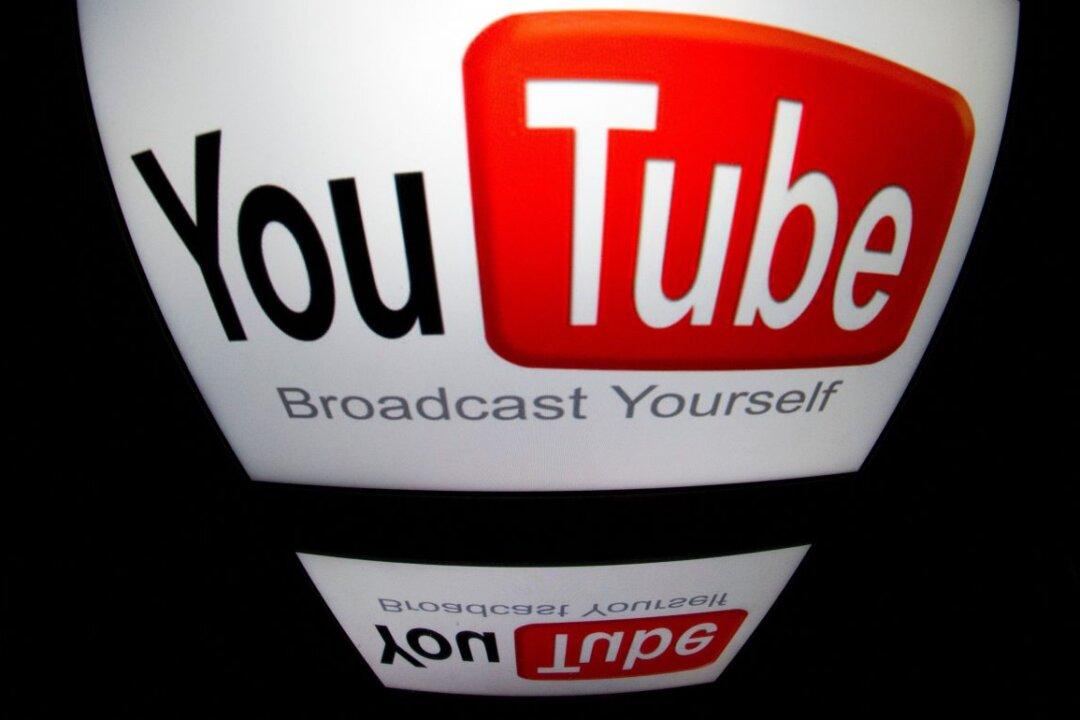YouTube has admitted that it has been deleting from its comment section some Chinese phrases critical of the Chinese Communist Party (CCP).
“We’re always working to resolve issues on YouTube. Upon review by our teams, we have confirmed this was an error in our enforcement systems and we are working to fix it as quickly as possible,” a company spokesperson told The Epoch Times in a May 27 email.





